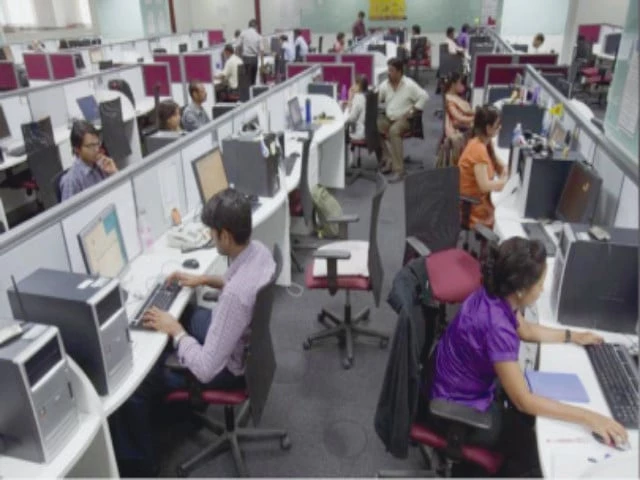IT reforms sought to halt exodus
Tech talent going abroad as local firms face tax disparity, policy inconsistency

The information technology (IT) sector has warned the government that companies will shift to other countries if favourable policies are not introduced and changes are made in the existing tax regime.
Addressing a news briefing on Tuesday, Pakistan Software Houses Association (P@SHA) Chairman Sajjad Syed said that investments were not brought into the country by the government in public sector industries.
"Investments are invited by the private sector and the government functionaries have to be facilitators; this includes branding, infrastructure development, skill development as well as the tax and fiscal regime," he said.
Syed pointed out that currently Pakistan had one of the highest tax rates and negligible certainty about the consistency of policies.
He said corporate income tax was 29% in Pakistan, whereas it was as low as 9% in the United Arab Emirates (UAE) and 25% in Vietnam, which had annual IT exports of $141 billion. Other taxes and input costs were also high in Pakistan.
Syed added that the IT industry had demonstrated resilience in the face of economic turbulence, contributing $3.2 billion in exports in financial year 2023-24 and it was projected to close the current fiscal year at nearly $4 billion.
"An estimated $15 billion export potential is projected by 2030, but more promising numbers can be achieved if there is policy consistency, a long-term taxation regime and operational facilitation by the government to boost investor confidence," the P@SHA chairman remarked.
Among the issues highlighted by the association were the need to align tax treatment between the employees of local IT firms and the independent remote workers employed by foreign companies. P@SHA asked the government to formally define remote workers in the Income Tax Ordinance 2001 as the lacuna was forcing IT companies to collect an additional 30% income tax from employees earning over Rs2.5 million annually, whereas those working for international clients did not have to pay high taxes.
"This high income tax on local companies has encouraged international competitors to hire the same human resources in Pakistan at higher wages and even save some amount by paying a low income tax," Syed added.
P@SHA also demanded that the government ensure continuity in tax policy and added that the IT sector in Pakistan was still in its formative growth stage.
He added that policy stability was essential for sustaining the momentum and referred to a Digital Foreign Direct Investment (DFDI) event, where over $700 million worth of investment commitments were made, of which $600 million was facilitated by P@SHA.
"If the tax regime is changed in the upcoming budget, there will only be two choices: either the clients leave Pakistani companies as the cost of business will increase or we shift to any conducive market like the UAE, Vietnam or the Philippines," Syed said.
P@SHA has said that Pakistan's IT sector employs over 600,000 skilled human resources, but the government has to decide the future course – either develop the country as a digital powerhouse by promoting artificial intelligence or remain confined at the secondary level as high-end skilled individuals will leave the country to seek jobs abroad.






















COMMENTS (2)
Comments are moderated and generally will be posted if they are on-topic and not abusive.
For more information, please see our Comments FAQ